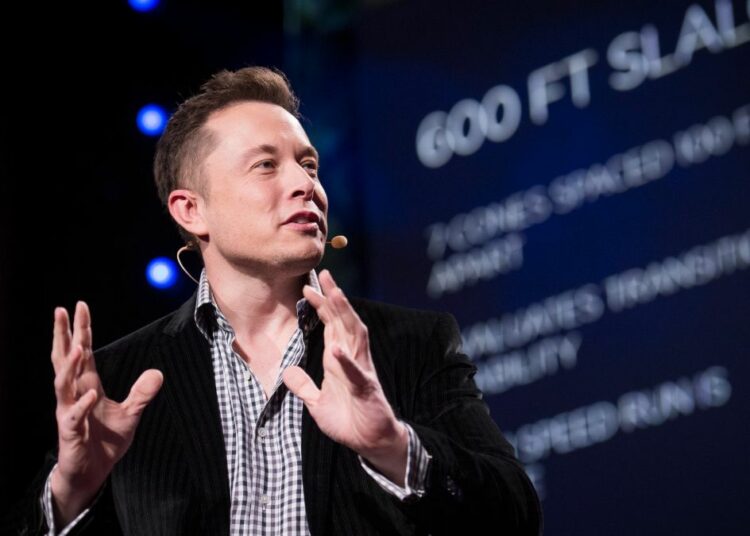For every die-hard neo-Malthusian dreaming of a halved world population, there’s an Elon Musk hoping for a demographic recovery. The words of the South African-born American multi-billionaire have caused some surprise, yet his pro-natalist pronouncements are certainly not new. He has spoken in those terms three times: in June 2019, then in July 2021, and finally in December, after being proclaimed Person of the Year by Time magazine.
“If there aren’t enough people for Earth, then there certainly won’t be enough for Mars,” Musk wrote in a tweet, clearly visible to his more than 70 million followers.
Tweet dispute
Musk even agreed with the verse from the book of Genesis “Be fruitful and multiply”(Gen 1:28). One of his followers however, tried to contradict him with neo-Malthusian arguments that have now become commonplace: “Why continue to populate the planet if we still have nearly a billion people in poverty and hundreds of millions of people suffering from hunger?” To which the billionaire replied, citing an article by the British state television broadcaster BBC and another by NPR. The first report, dated July 2020, shows a graph confirming the decline in the fertility rate globally: while there were 2.5 live births per woman in 2017, should the trend remain constant, the same rate will plummet to 1.75 by 2050 and 1.5 by 2100.
Unsuspected sources
“Researchers expect the number of people on the planet to peak at 9.7 billion around 2064, then fall to 8.8 billion by the end of the century,” the BBC report states, explicitly mentioning Italy and Japan among the countries whose populations are set to halve by the end of the century. The same declining but much slower trend is predicted for the UK.
In contrast, the NPR article came out in May, 2021 and focuses on the demographic situation in the United States of America, almost a year and a half after the pandemic began. “In 2020, the U.S. birth rate declined by 4 percent, reaching a new all-time low,” the headline read. As measured over the same period by the National Center for Health Statistics, 2020 was the sixth year in a row that saw a decline in births, averaging -2% annually. The last increase had occurred in 2014.
Musk then urged people to lead by example by having as many children as possible. He himself by his first wife, Justine Wilson, had six children, the first of whom passed away at only ten weeks, suffering from sudden infant death syndrome. He had a seventh child in 2020 by his last partner, Canadian musician Claire Boucher, aka “Grimes”: the child was given the extravagant name of X Æ A-XII (the parents would have liked to call him X Æ A-12, but even in the ultra-liberal California registry offices alphanumeric names are not allowed.).




















Discussion about this post